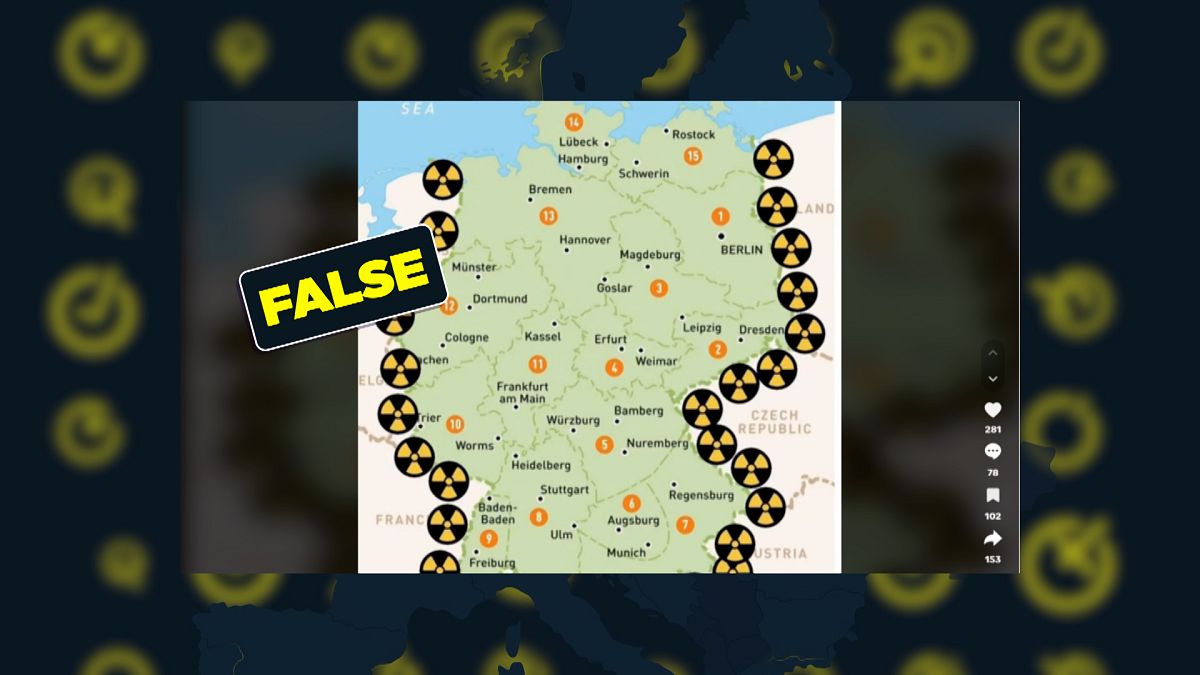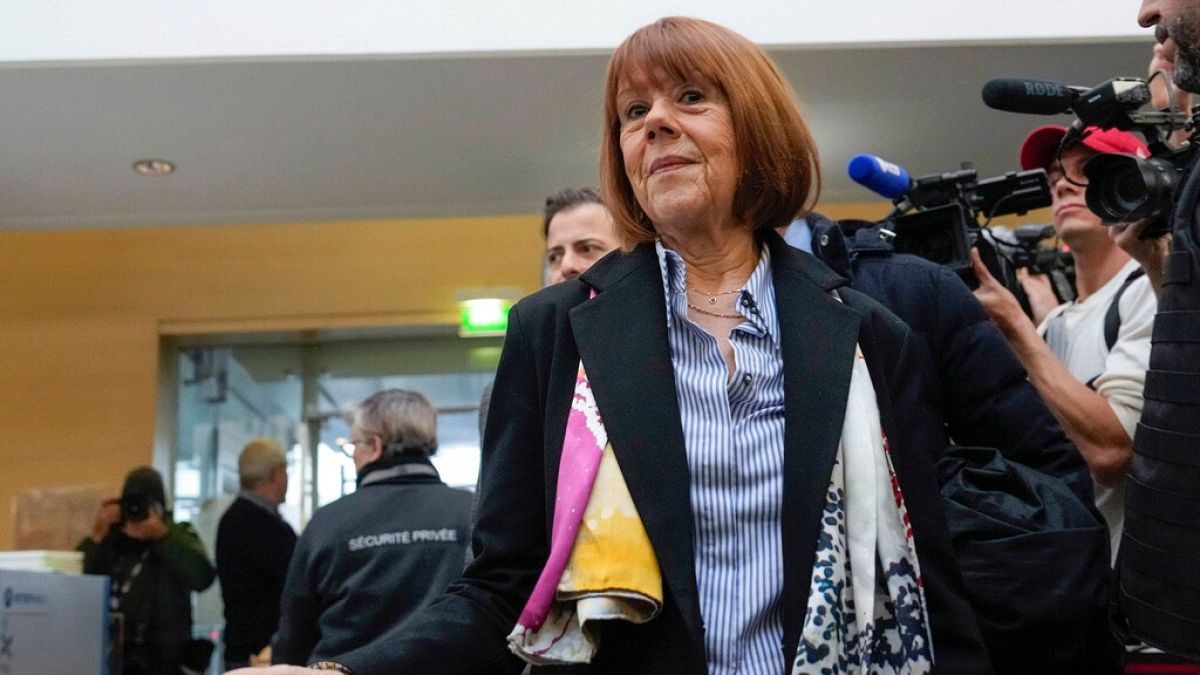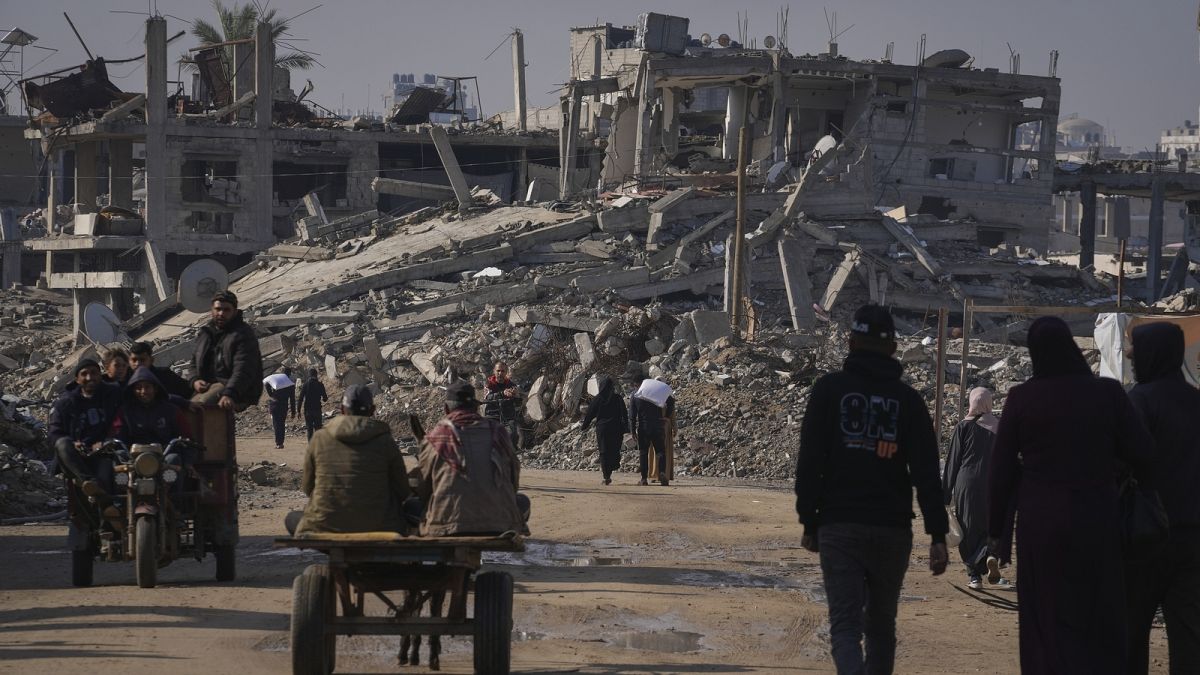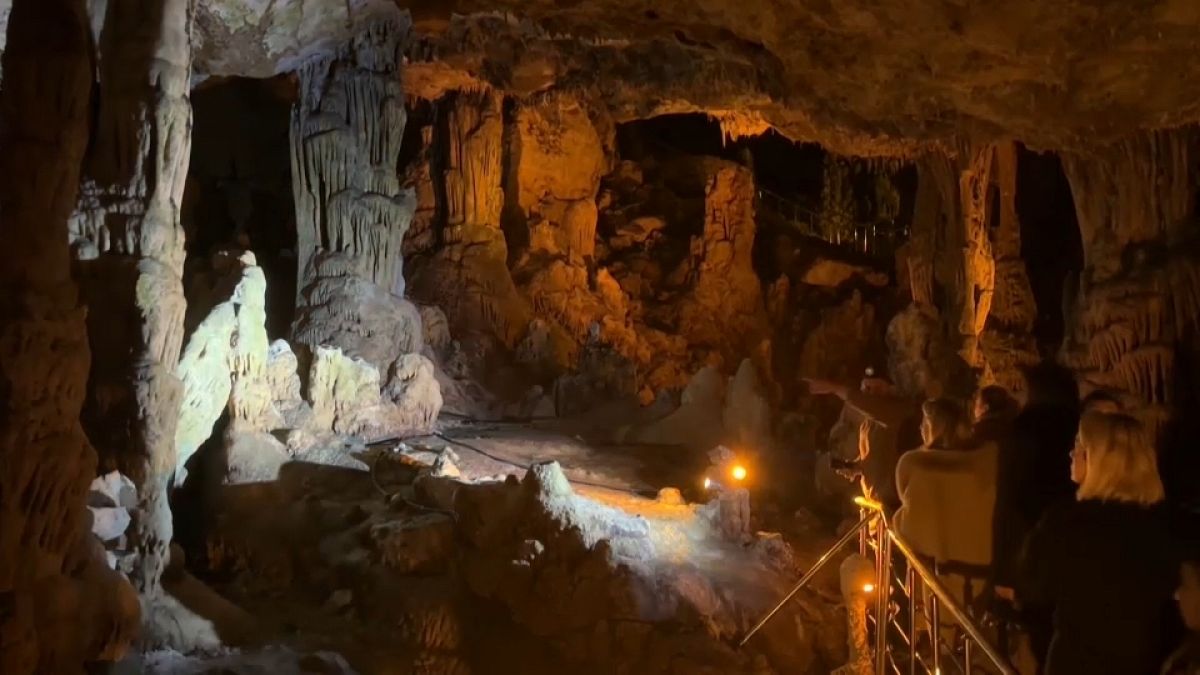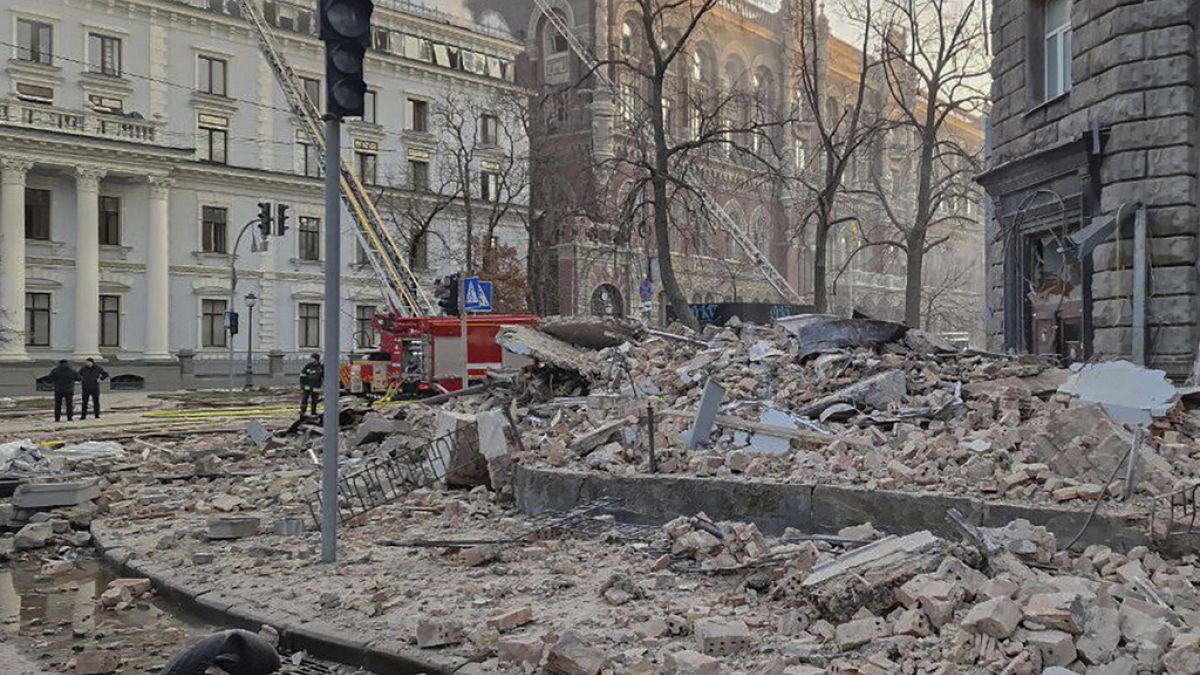Some of Germany’s neighbours do have operable nuclear plants, but they don’t line the borders as the map suggests.
An old, misleading map has resurfaced online, showing Germany’s borders lined with 30 nuclear power plants.
The plants are spread across Germany’s neighbours: the Netherlands, Belgium, Luxembourg, France, Switzerland, Austria, the Czech Republic, Poland and Denmark, according to the map.
It’s been shared across social media platforms and captioned as showing what the German power grid will look like in the coming years.
For example, a post on TikTok suggests that this is what Germany will look like in 2025, while a Facebook post says that this will be the country’s fate over the next 30 years.
Comments on the posts appear to be stoking the idea that Germany’s neighbours will be way ahead in terms of nuclear energy production, while Berlin gets left behind.
We can’t predict the future, but we can see what the current state of Europe’s nuclear plants is, and it’s nothing like what the map depicts.
This map from Nucleareurope, a Brussels-based trade association for the nuclear energy industry, shows that there are some plants situated in Germany’s neighbours, but they’re not lining the borders. In fact, many of the countries don’t have any nuclear plants at all.
It’s worth noting that this map only shows plants in operation.
According to recent figures from the World Nuclear Association, France has the most operable nuclear reactors in Europe, standing at 56.
Russia comes next at 36, then Ukraine with 15, the UK with nine and Spain with seven.
Some of Germany’s neighbours do of course have operable nuclear reactors, such as Belgium and Switzerland, but not as many as the misleading map suggests.
As for Germany itself, its last nuclear power plants were shut down in April 2023, as part of its nuclear phase-out that was approved in 2011.
Read the full article here
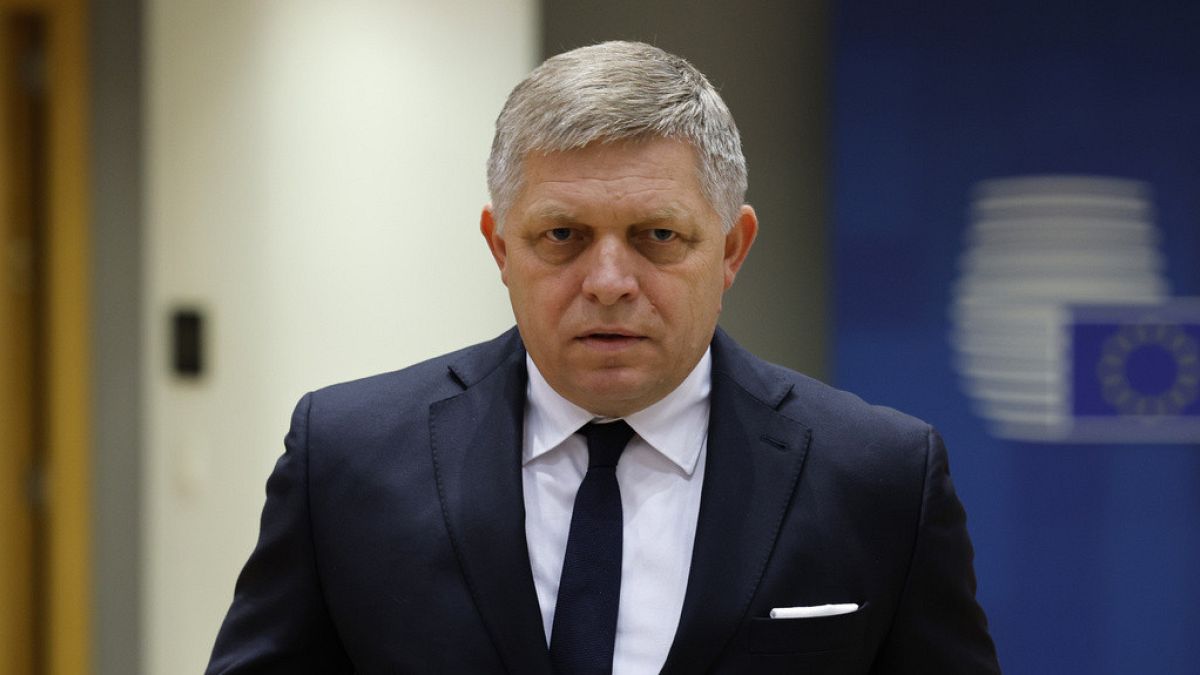
:focal(1265x497:1267x495)/origin-imgresizer.eurosport.com/2025/01/01/4077613-82689908-2560-1440.jpg)





